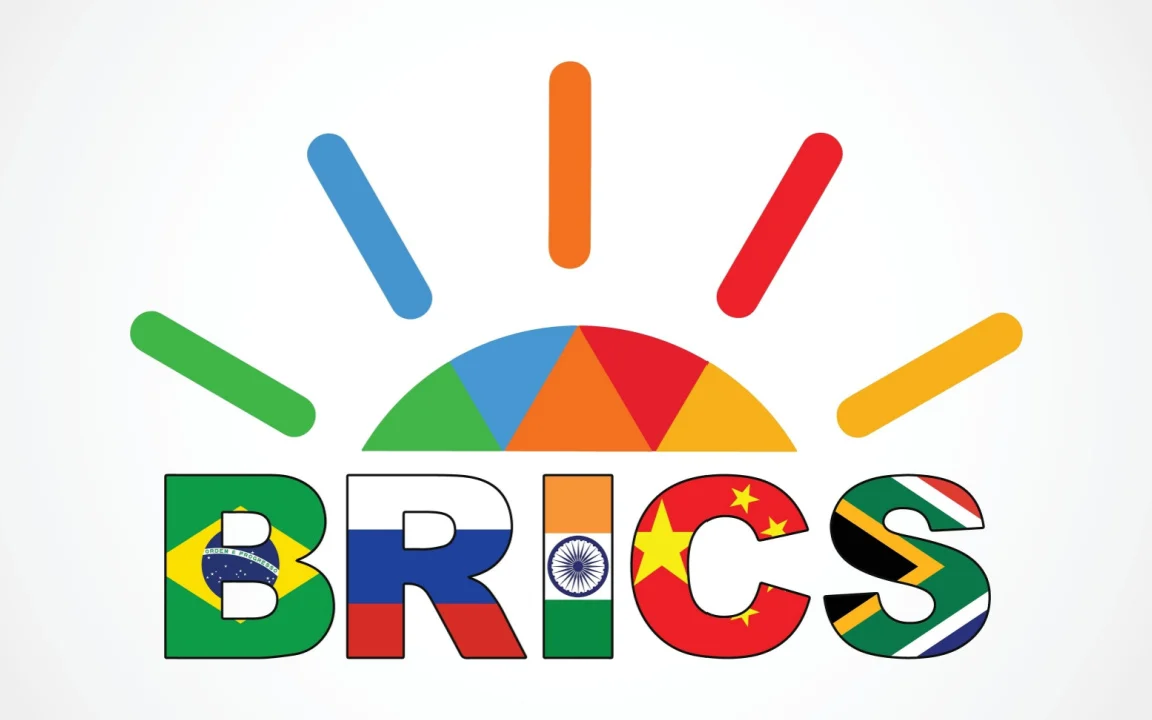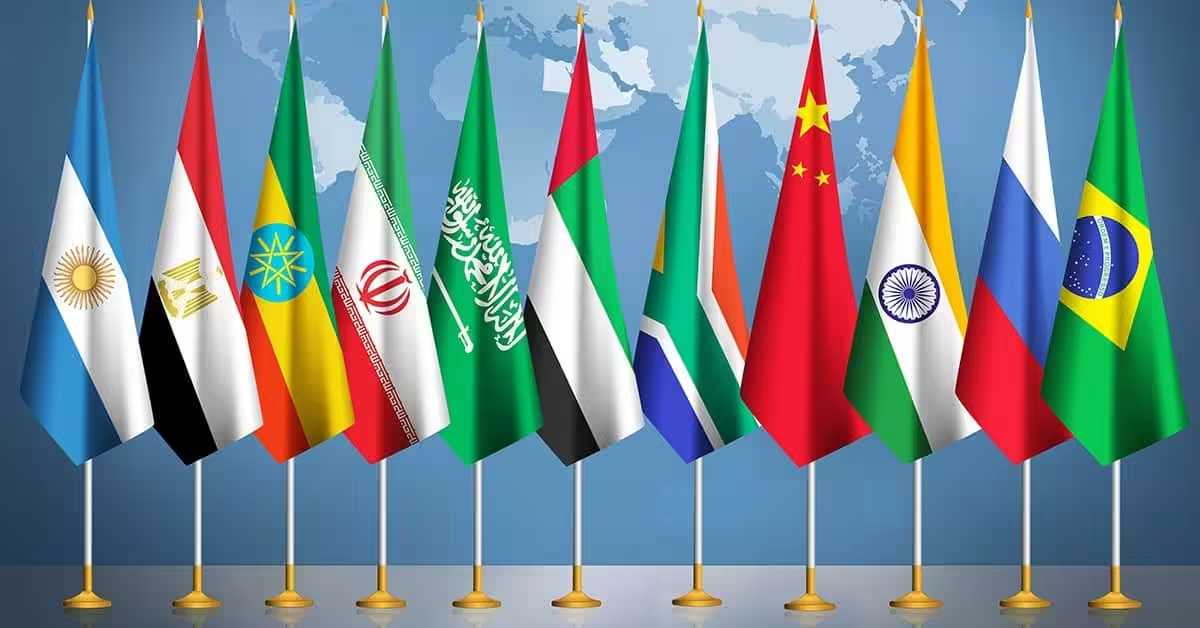|
Getting your Trinity Audio player ready...
|
As 2025 draws near, discussions about the potential expansion of the BRICS alliance are intensifying. The bloc, currently composed of nine full members—Brazil, Russia, India, China, and South Africa—along with several partner nations, has been steadily increasing its global influence. One region in particular where this influence has been growing is Africa, with many African nations expressing interest in joining the alliance.
Former Ethiopian speaker of the house, Agegnehu Teshager, recently revealed that all African countries are eager to join BRICS. While it’s unlikely that all 54 African nations will be inducted into the bloc, the formation of the BRICS Partnership Group and the introduction of a new BRICS organization has paved the way for greater involvement of African nations in the bloc’s initiatives.
China, a prominent BRICS member, has already facilitated the inclusion of Zimbabwe, marking a step toward deepening the alliance’s presence in Africa. The de-dollarization agenda promoted by BRICS has proven particularly appealing to developing countries. By reducing reliance on the US dollar, BRICS offers a more advantageous economic framework, especially for nations seeking to boost local currencies and economies.
Kenya is another African nation showing significant interest in joining BRICS. President William Ruto has expressed his country’s desire to be part of the alliance, signaling a broader trend of growing interest among African nations. Experts argue that BRICS is becoming more attractive due to its foundational principles of sovereign equality, inclusiveness, and multilateral cooperation.
Aly Khan Satchu, a leading Kenyan investment banker, described BRICS as a “lodestar” for African nations. He emphasized the importance of African countries diversifying away from the influence of Bretton Woods institutions and reducing the dominance of the dollar. Satchu noted that joining BRICS could help African nations increase bilateral trade and settle transactions in local currencies, making it a significant step toward economic independence.
Also Read: BRICS Challenges US Dollar: Putin Responds to Trump’s 100% Tariff Threats and Dwindling Dollar Power
With BRICS’s expanding influence in Africa and the increasing interest from African countries, the bloc is poised for potential growth in 2025. If BRICS continues to open its doors, Africa may become a central hub for new members, reshaping the global economic landscape.
Disclaimer: The information in this article is for general purposes only and does not constitute financial advice. The author’s views are personal and may not reflect the views of Chain Affairs. Before making any investment decisions, you should always conduct your own research. Chain Affairs is not responsible for any financial losses.




